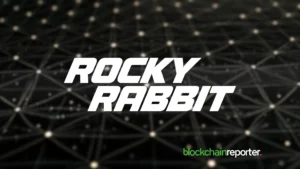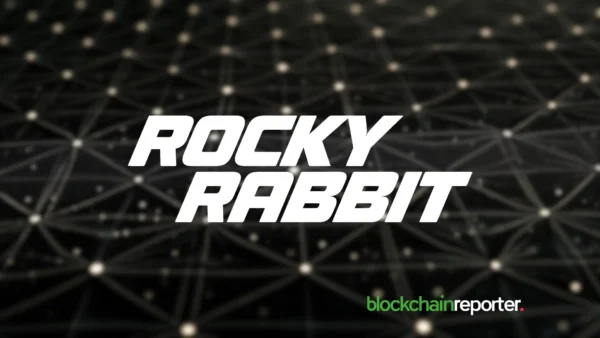
Artificial intelligence is coming to most industries, allowing firms to utilize varied AI models to resolve complicated challenges and spur innovation. Business leaders, data scientists, and those who work in the AI and machine learning sectors possibly have encountered the need to choose between a trained AI model and a fine-tuned one.
Which one is the better?
They possibly understand that choosing trained AI models is helpful for jobs that need high adaptability and accuracy or jobs that no adequate pre-trained (fine-tuned) models could do. This approach is suitable for applications or industries dealing with complicated or unique data, where fine-tuned models could not perform well.
On the other hand, choosing fine-tuned models is important for those who have limited resources and time and have an existing model that can be refined to do the work. People can quickly fine-tune existing AI models to suit their specific needs, particularly when the jobs are similar to what the models have already learned. This approach is significantly effective and affordable for several AI applications. Thus with a good understanding of when to use trained AI models and fine-tuned ones, people can make wise decisions for their AI projects.
Advancing AI-powered applications
Both trained and fine-tuned AI models are crucial for developing high-performance AI projects. While trained AI models can accurately and consistently create AI projects that represent authentic and real-world situations, such models are so expensive to build. Training AI models from scratch can be time-consuming and require massive computational data. This means companies need to have adequate resources to cope with such demands. Another disadvantage facing trained Al models is that they lack generalization. They struggle to generalize invisible data or situations with limited data.
Fine-tuning is the solution to these shortcomings. It provides more efficient use of resources and offers a more rapid approach to customizing pre-trained models to specific jobs.
NetMind.AI is a good example of a decentralized AI platform that provides users with customized fine-tuned AI models that guarantee real-time performance and high speed. The platform is quite different from others as it supports varied forms of open-source models, providing users with the required flexibility. The platform strives to make the power of AI easily accessible worldwide and more affordable for businesses and research institutions. It produces fine-tuned AI models that execute tasks consistently across the globe, making them suitable for businesses and companies wanting high-performance and scalable AI.
Another benefit of fine-tuning AI models is that they remove the complications associated with trained AI models. For instance, instead of preparing lengthy and elaborate training files, users can simply upload their data into fine-tuned AI models. And with just one click, they automatically produce the required training files. This approach streamlines the process faster and is more efficiently customized.
Privacy and security are also key preferences for businesses in industries such as telecommunications, finance, and healthcare. NetMind.AI produces fine-tuning AI models that utilize private networks and adhere to stringent industry rules, ensuring users’ data remain confidential and secure.








